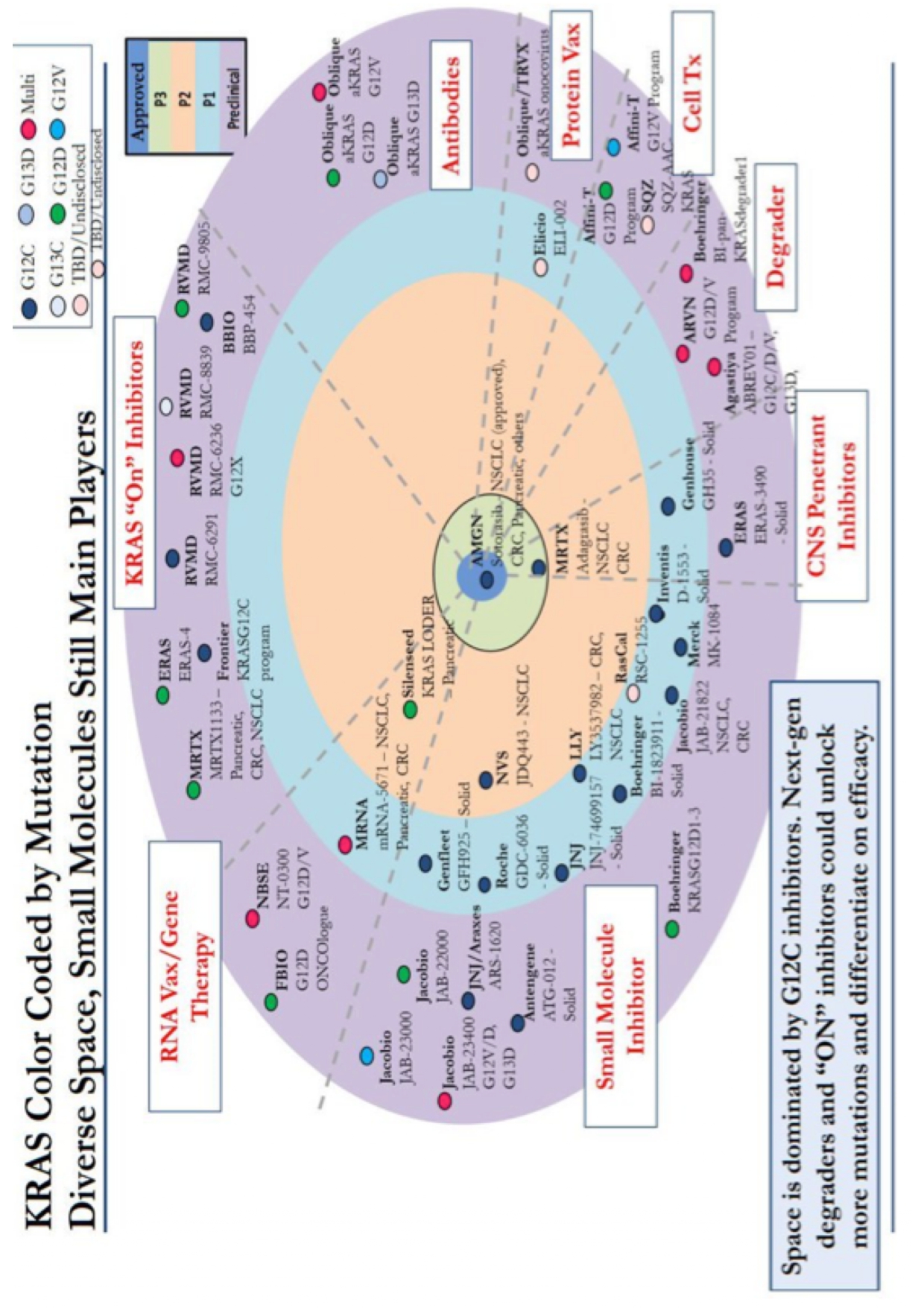
- Tipo de expresión:
- Doctorado: Propuesta de dirección de tesis doctoral/temática para solicitar ayuda predoctoral ("Hosting Offer o EoI")
- Ámbito:
- Cáncer
- Área:
- Vida
- Modalidad:
- Ayudas para contratos predoctorales para la formación de doctores (antiguas FPI)
- Referencia:
- PIF2024
- Centro o Instituto:
- INSTITUTO DE BIOLOGIA MOLECULAR Y CELULAR DEL CANCER DE SALAMANCA
- Palabras clave:
-
- KRAS oncogene, novel therapeutic strategies, adoptive cell therapy, PROTACs
- Documentos anexos:
- 662409.pdf
PIF2024 - Modelling innovative approaches to target oncogenic RAS in vivo (PID2023-153258OB-I00)
These are exciting times for anyone involved in RAS research. After decades of disappointing efforts to target RAS, we are witnessing a paradigm shift with new inhibitors being used in the clinic (see figure). Additional drugs with different properties are ready for final clinical evaluation. Whether any of these compounds will be effective as single agent is unknown, but it is likely that their efficacy will be limited. So far, RAS inhibitors have resulted in transient responses followed by disease relapse due to a variety of mechanisms.
This scenario, together with knowledge from other oncogene-addicted tumours, indicates that rational treatment combinations will be required to eradicate the disease. A plethora of novel inhibitors and other potential therapeutic options of very different nature are currently evolving at different levels of clinical and pre-clinical evaluation. It is imperative to proceed very carefully but in an exhaustive manner to rationally validate the potential efficacy of all these options using optimal pre-clinical models with clinical impact.
Our proposal is the implementation of a challenging but feasible orthogonal approach to validate innovative therapeutic interventions for the treatment of KRAS driven cancers, including targeted protein degradation and cell-based therapies. In addition to potentially validating these treatments, we will utilize these approaches as research tools to address unsolved biological questions in the RAS field.